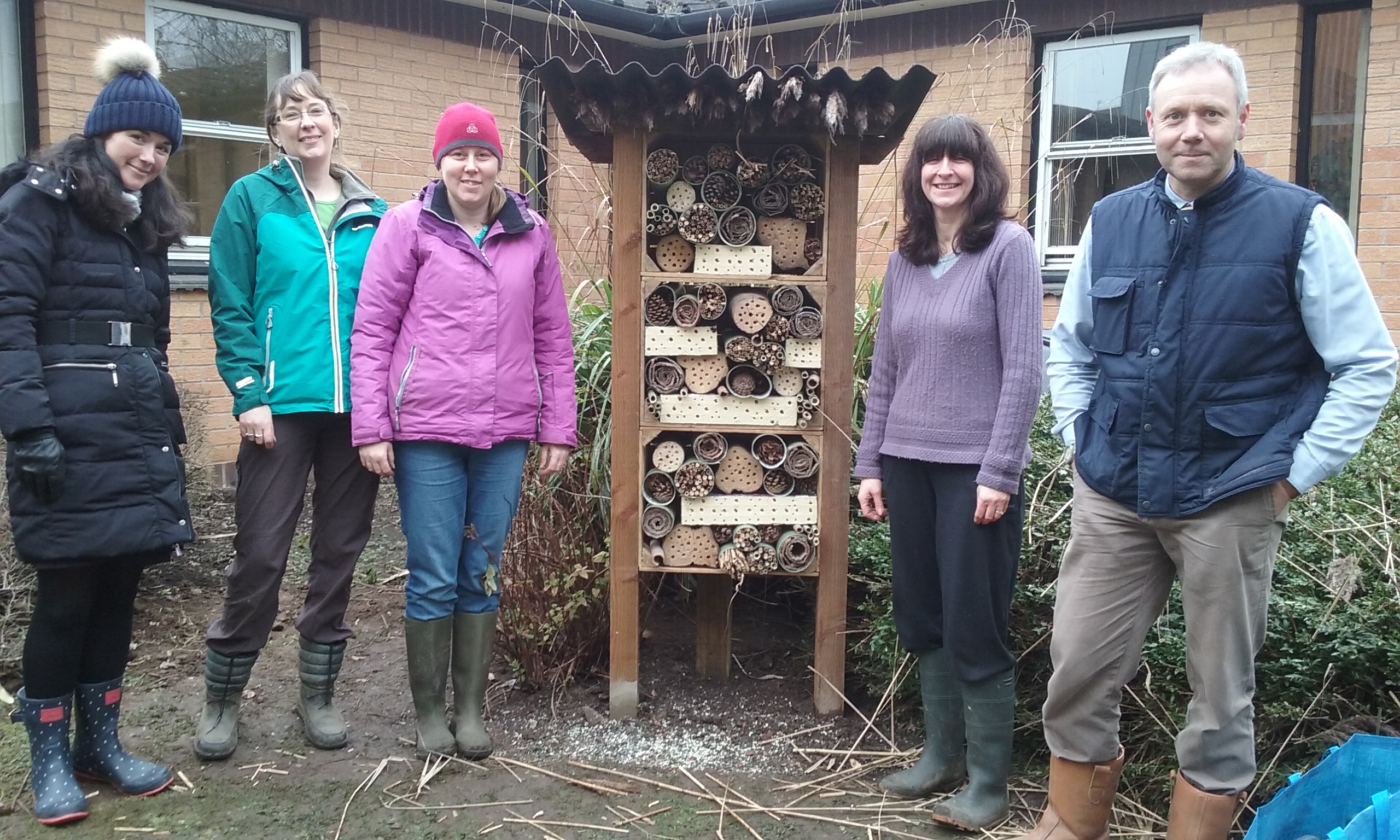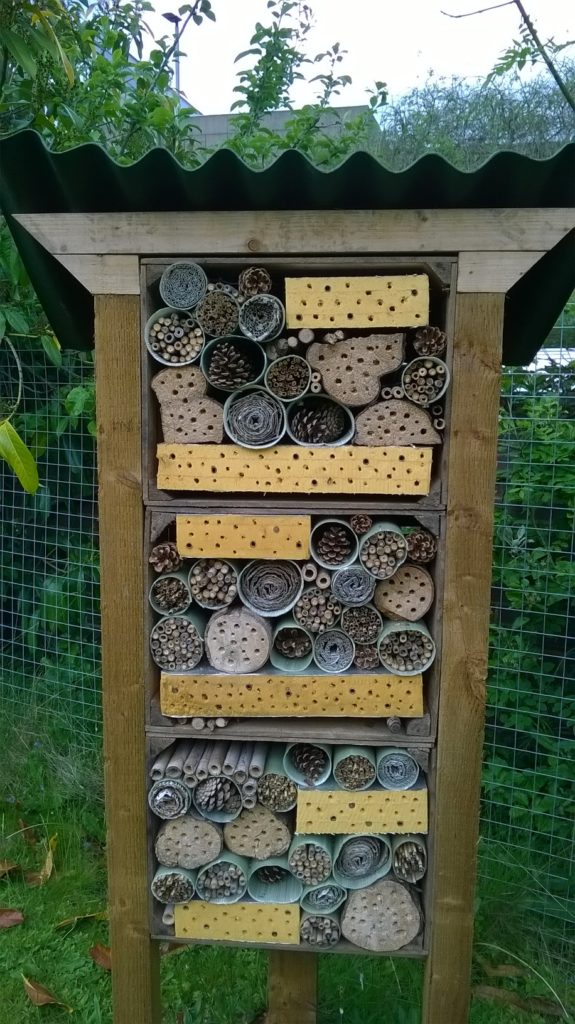International Master's Programme: Education for sustainable development
The University of Gothenburg has introduced a new Master's Programme in Education for Sustainable Development (ESD) centered on the question of how education can support critical inquiry and be a positive force for transformation and change towards a more sustainable future.
As a response to the major environmental crises and changing life conditions for humans as well as other species, this interdisciplinary ESD Master's Programme brings together four departments at the University of Gothenburg and one at Chalmers University of Technology in a pioneering curriculum at the forefront of the international research debate on education and sustainability.
The ESD Master's Programme prepares you not only to respond to local and global sustainability challenges, but also to counteract them and contribute to more sustainable futures through education and research. As a Master’s student in the ESD programme you will enter into critical dialogue with recent scientific debates in the educational, social, and natural sciences, and get access to a range of analytic tools that will help you develop theoretical as well as practice-based knowledge in education for sustainable development.
The ESD Master's Programme is of interest if you:
- Want to work for increased public awareness, knowledge and action competence in sustainable development;
- Are interested in supporting learning for sustainable development among diverse groups;
- Are involved in social movements for the environment, and want to learn more about the role of education in creating a more equitable, peaceful, and ecologically viable world;
- Are a teacher/educator looking for ideas and strategies to better integrate education for sustainable development in your classrooms or in community settings;
- Want to pursue a research career in the broad area of education for sustainable development.
The international admission period for the autumn semester 2018 will close on 15 January 2018.
Please visit the University of Gothenburg's website for more information: https://idpp.gu.se/english/education/ESDmaster
The University of York’s campaign to improve campus habitats for bees and other pollinators
The University of York is characterised by two lakeside campuses that are home to an abundance of wildlife. The original campus is located on over 200 acres of parkland centred around an extensive lake and boasts a wide variety of environments, ideal for supporting the University’s aim to diversify their habitat and broaden their species range. Not only does York boast areas of woodland and wildflower beds, it has established an on-site bird sanctuary, and developed safe nesting sites including sand martin banks.
The York campus is well known for its abundance of wildfowl, celebrated in this Duck of the day website, but more recently the University has also focused on improving its habitats for bees. Providing food and shelter for bees and other pollinators is an integral element of the Estates team’s ecological management plan.

Blooms and bulbs for the bees
Since 2008 the University has been developing its newest campus, Campus East, which features a species-rich area of meadowland to provide foraging for bees and other pollinating insects. More than 10 per cent of the entire University estate is currently given over to wildflowers and the sowing of further wildflowers is carried out annually in selected areas to encourage a broader range of species across the site. A specially-chosen biodiversity mix of bulbs, including crocus, tulips and narcissus, have been planted across 1500 square meters of the University’s grounds in past three years. Bulbs are often the first flowers to appear in spring, making them particularly important to encouraging bees and pollinators at York.
Six bee hotels have been introduced on campus, with another two being added shortly, to provide nesting areas for solitary bees and the Estates team have decreased the frequency of grass cutting in key areas to encourage further wildflower growth to provide more bee-friendly environments.
Benefits
It’s a testament to the success of the initiatives so far that several beekeepers have hives on campus to take advantage of the foraging that the wildflower areas now provide for their bees.
The wildflower and meadow land areas also provide a great habitat for other invertebrates which, in turn, attract birds that both feed on the insects and can use the habitats for nesting and breeding. For example, up to 17 breeding pairs of skylark, listed as a UK Biodiversity Action Plan priority species, have been spotted on campus.
The enhanced habitats also provide an extra teaching and learning resource not only for the University’s own students but also for visiting school groups, underlining the University’s commitment to the local community and to widening participation.
To learn more, reach out to Emily Lawley. Feel free to check out the University of York on Instagram: @uoy_grounds_and_gardens

Photos courtesy of the University of York
Universidad de Guayaquil joins the ISCN!
We are thrilled to formally welcome Universidad de Guayaquil into the ISCN!
Universidad de Guayaquil is a public university located in Guayaquil, Guayas Province, Ecuador. The university was founded in 1883. It is the oldest university in the city of Guayaquil and has the largest student body. It operates six extension universities throughout the country.
“We are delighted to welcome Universidad de Guayaquil into the ISCN and look forward to providing a platform for international value exchange and partnership on campus sustainability” says Bernd Kasemir, Secretary of the ISCN Board.
For more information on the ISCN, please visit: https://international-sustainable-campus-network.org/
For inquiries, please email: [email protected]